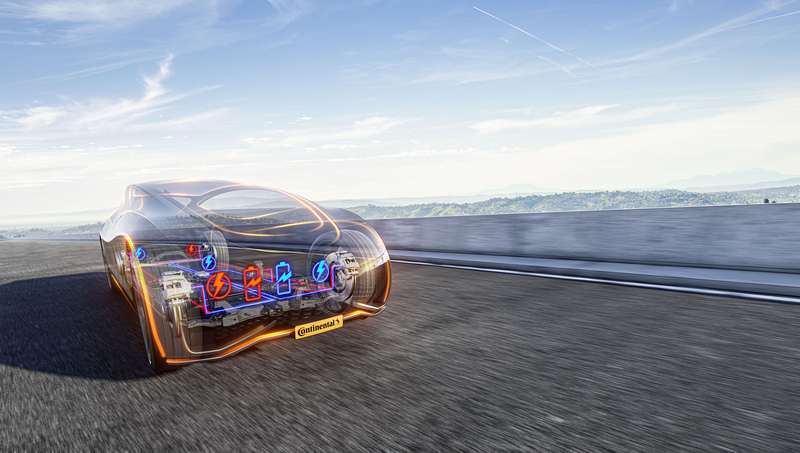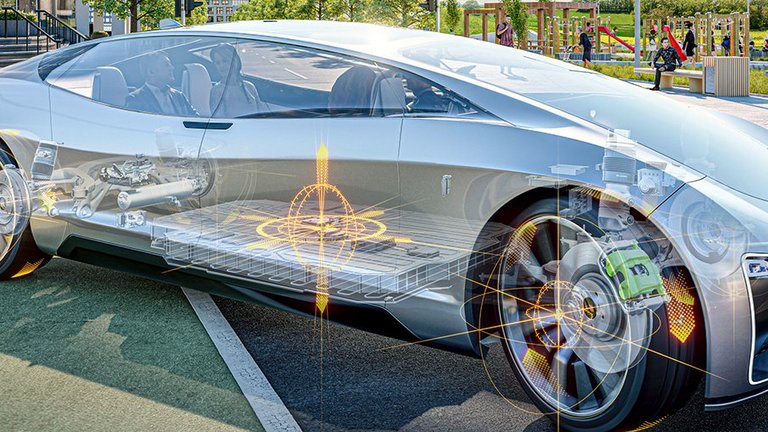Sustainable, dry, modular: Toward advanced brake systems
- Innovation roadmap for improved brake systems
- Four stages mark milestones towards dry braking
As an essential component of mobility, brake systems and their further development represent a strong focus for Continental. The solutions bear the name Future Brake Systems (FBS) and their development is divided into four stages.
Continental already set a milestone in 2016 with FBS 0: the MK C1, the first brake-by-wire system went into series production. This means that the hydraulic connection between the brake pedal and the system is replaced by an electromechanical one - faster, safer, and more sustainable. As a further development, the successor generation (MK C2) is even more compact, lighter, more cost-effective and, thanks to multi-Logic, has performance features superior to those of the MK C1.
Building on the many years of experience with the proven electromechanical actuation, the transition to a complete brake-by-wire system can now be made. To this end, Continental has developed the MK C2D concept, a modularized and scalable system generation consisting of two independent actuators. With the complete separation in FBS 1 of pedal and pressure generation without a fallback level, there is an immense integration advantage, which also has a positive effect on the passive safety of the vehicle. At the same time, as with FBS 0, the familiar pedal feel is simulated for the user so as not to compromise on comfort.
With the further development of FBS 2, Continental is taking the first step toward being able to reduce the hydraulic share. After all, hydraulic liquids are not particularly resource-efficient due to the fluid handling required, are time-consuming, and – in an ideal scenario – should be avoided. The advantage for car manufacturers is that filling and bleeding (Fill & Bleed) of the brake system is no longer necessary in production. FBS 2 is a step in the direction of such a scenario by electromechanically actuating the rear axle brakes, which were previously operated hydraulically.
A look into the future – and at FBS 3. Here we are talking about a scenario entirely without hydraulics. For this purpose, all four wheel brakes will be actuated electromechanically, and the components of the system will be packaged in individual modules. Continental has the system expertise to offer different solutions for different.
Back to overview "Experience software driven future mobility"



